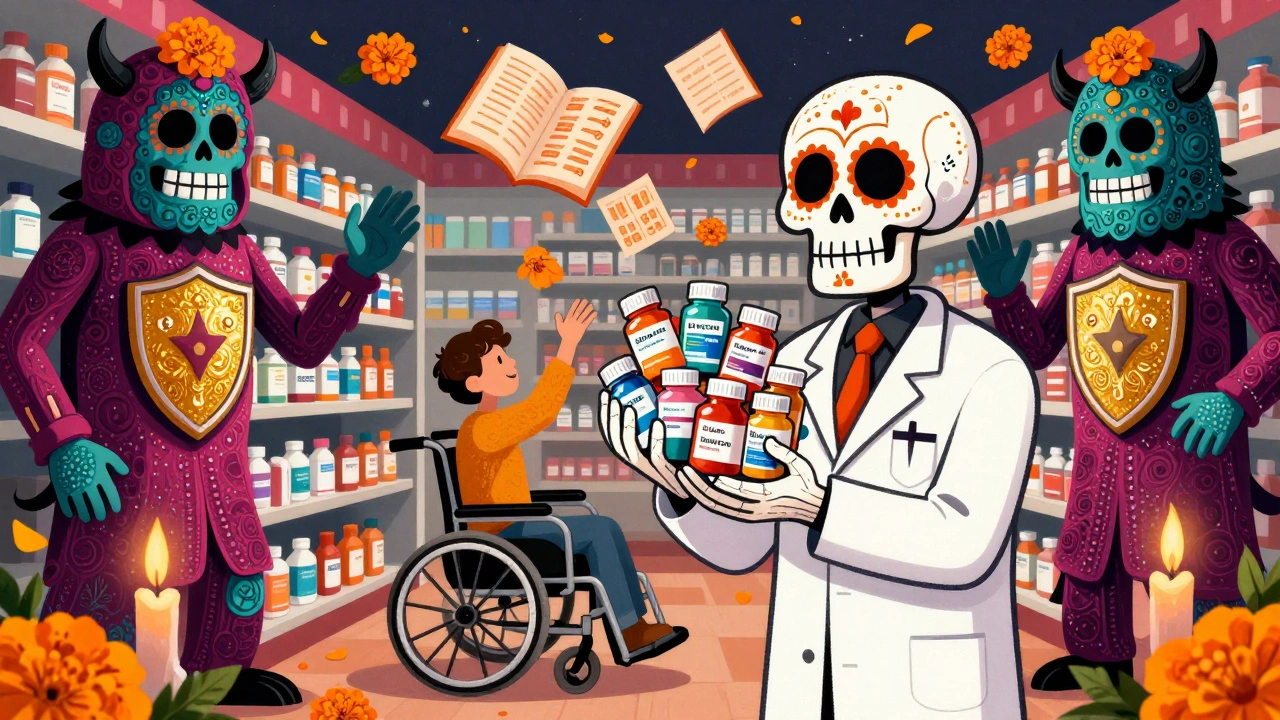FDA Approval: The Real Deal Behind Your Medications
If you’ve ever wondered why a pill says "FDA approved" on the label, you’re not alone. That badge isn’t just marketing fluff – it’s a safety net that protects you from unsafe drugs and shoddy manufacturing.
In plain English, FDA approval means the Food and Drug Administration has looked at a drug’s data, checked its benefits against risks, and decided the product is safe enough for people to use as directed. It doesn’t mean the drug is perfect, just that it passed a strict set of standards.
How the FDA Approves a Drug
The approval journey starts with pre‑clinical research in labs and on animals. Once results look promising, the company files an Investigational New Drug (IND) application so they can begin testing in people.
Human trials happen in three phases:
- Phase 1: Small group of healthy volunteers to check safety and dosage.
- Phase 2: More participants, usually patients with the condition, to see if it works.
- Phase 3: Large-scale testing across many sites to confirm effectiveness and monitor side effects.
After phase 3, the sponsor sends a New Drug Application (NDA) or Biologics License Application (BLA). The FDA reviews everything – lab data, trial results, labeling, manufacturing processes – and may ask for more info. If all looks good, they issue an approval letter.
Why FDA Approval Matters for You
When a medication is FDA approved, you can trust that it met rigorous safety checks. That matters especially for IVF drugs, where precise dosing can make or break a cycle. Knowing a product is approved helps you avoid counterfeit pills sold on shady websites.
You can verify approval by checking the drug’s label, the FDA’s online database, or the medication guide that comes with prescription meds. If something looks off – missing batch numbers, unclear manufacturer info – it’s worth a second look.
Approved drugs also have clear instructions and known side‑effects. That lets you and your doctor weigh benefits against risks in real time, rather than guessing based on anecdotal reports.
Keep an eye out for terms like "FDA cleared" or "registered" – they’re not the same as full approval. Clearance usually applies to medical devices that are considered low‑risk, while registration is just a paperwork step.
Bottom line: FDA approval isn’t a guarantee of perfection, but it’s the best public assurance you’ll get that a drug has been vetted for safety and efficacy. When shopping for IVF meds or any prescription, let the approval stamp guide your choices.

Recent Patent Cases and Generic Delays: 2023-2025 Examples
Despite FDA approval, generic drugs in the U.S. face average delays of 3.2 years due to patent litigation, with complex drugs and oncology treatments hit hardest. Learn how patent thickets, the 30-month stay, and supply chain issues block affordable access.

Daré Bioscience Revolutionizes Women's Health with Innovative 'Female Viagra'
Daré Bioscience is on the verge of a groundbreaking advancement in women's sexual health with its topical sildenafil cream for FSAD. This could be the first FDA-approved treatment for FSAD, offering hope to millions.